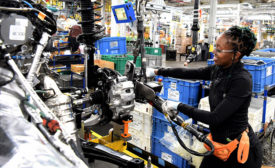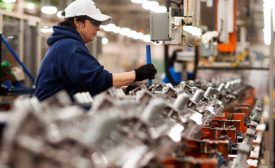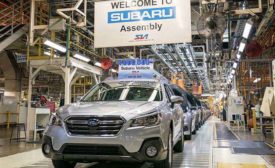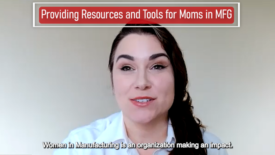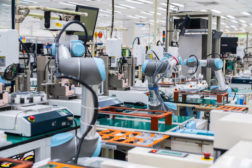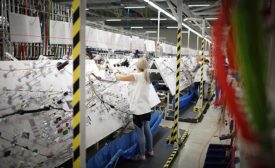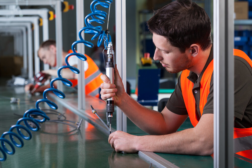Home » manufacturing jobs
Articles Tagged with ''manufacturing jobs''
Russia’s Invasion of Ukraine Threatens Manufacturing Recovery
Russia’s invasion of Ukraine has disrupted automotive assembly lines in throughout Europe.
April 19, 2022
Congress Should Pass Infrastructure Bill
The Biden administration’s infrastructure spending proposal would be a boon for assemblers of construction equipment.
August 3, 2021
Never miss the latest news and trends driving the manufacturing industry
Stay in the know on the latest assembly trends.
JOIN TODAY!Copyright ©2025. All Rights Reserved BNP Media.
Design, CMS, Hosting & Web Development :: ePublishing
